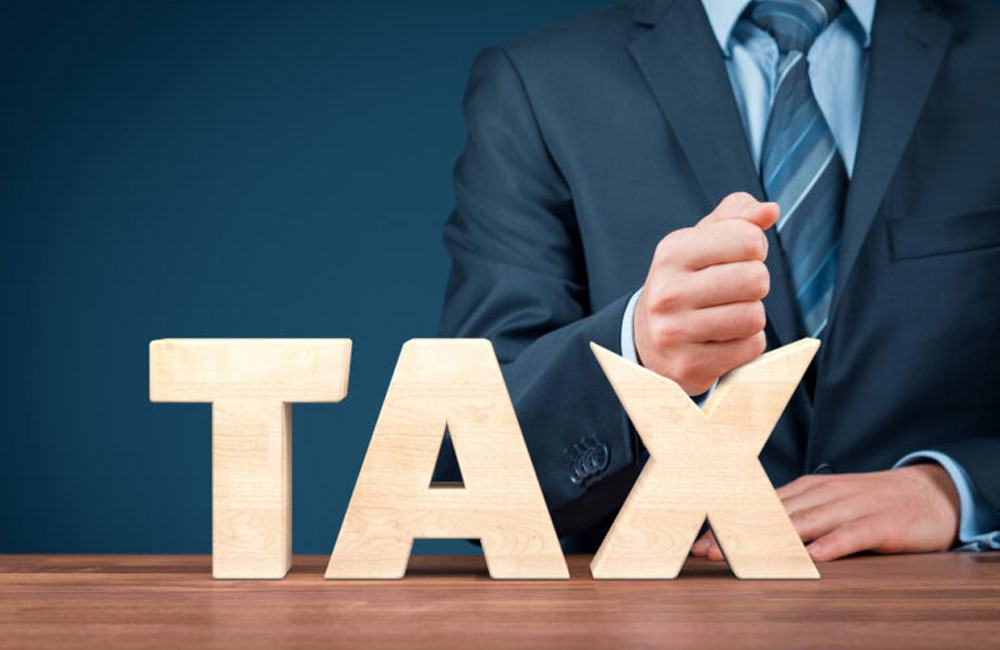Sri Lanka’s long-running tax evasion crisis has taken a sharper turn this year, raising concerns that a powerful cartel of billion-rupee defaulters is operating with near-total impunity. Despite repeated pledges by successive governments including the current administration to eliminate corruption and illicit wealth, evidence points to a widening gap between political promises and enforcement.
Former Minister Patali Champika Ranawaka recently reignited public debate by revealing staggering figures: 4,570 individuals owe more than Rs. 100 million each in unpaid taxes, while 90 ultra-wealthy individuals have liabilities exceeding Rs. 1 billion.
According to him, no prosecutions have been initiated against these top-tier defaulters under the current president. Instead, the government has pursued minor infractions such as distributing spectacles or publishing advertisements a move critics describe as selective enforcement.
These revelations come at a time when Sri Lanka is under heightened IMF pressure to boost revenue. By mid-2025, Public Finance Lanka reported that defaulted taxes at the Inland Revenue Department (IRD) surpassed Rs. 1 trillion, the highest in Sri Lankan history. This marks a 22% increase over the first ten months of 2024, signalling that tax leakage is accelerating.
Economic experts warn that the brunt of the crisis is borne by ordinary taxpayers. New VAT hikes, broadened PAYE coverage, and indirect levies are increasingly imposed to fill the gap created by high-value tax evaders. Meanwhile, business lobbies representing casinos, real estate, and high-end imports sectors historically associated with tax irregularities continue operating without fear of prosecution.
Even more alarming is the banking sector revelation. Ranawaka claims that individuals and companies who defaulted on Rs. 700 billion in loans from state banks continue to function without scrutiny. In most countries, such defaults would trigger criminal investigations and asset freezes. In Sri Lanka, however, these defaulters reportedly continue to enjoy political patronage.
Authorities maintain that they are taking corrective measures. In July 2025, the IRD initiated criminal investigations into VAT evasion and launched asset seizures targeting companies with multi-billion rupee arrears. President Anura Kumara Dissanayake announced structural reforms to the IRD, Customs, and Excise Departments and disclosed that he holds a list of 200 major tax evaders who collectively owe Rs. 100-150 billion.
However, critics argue these measures are insufficient. Legal delays, weak audit systems, insufficient digital monitoring, and entrenched political influence have created a system where wealthy tax evaders thrive, while smaller entities face disproportionate enforcement.
Unless Sri Lanka musters the political courage to prosecute the wealthiest offenders not merely highlight them the country risks further fiscal instability. For now, the billionaire tax cartel remains firmly protected, draining state coffers as the public continues to bear the burden.

Leave your comments
Login to post a comment
Post comment as a guest